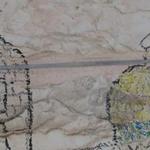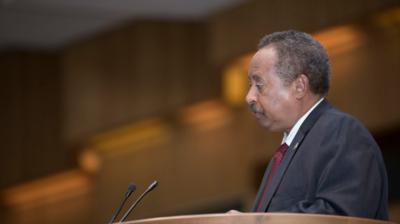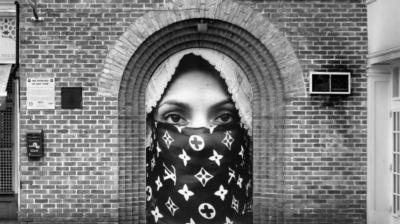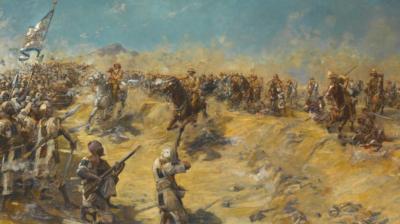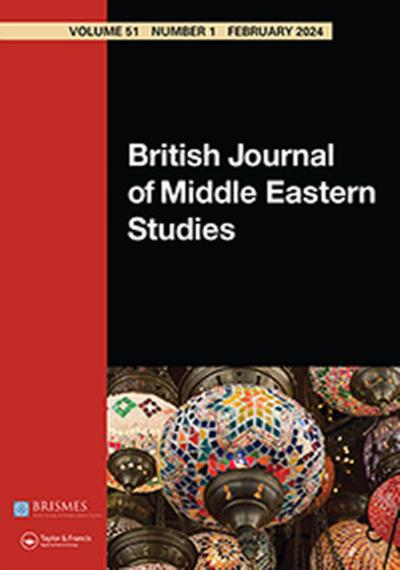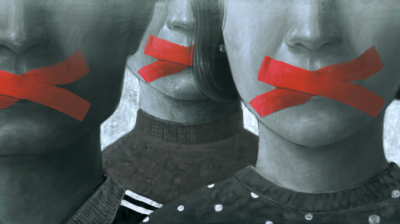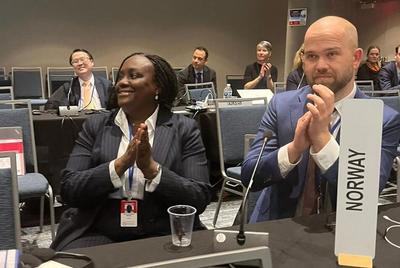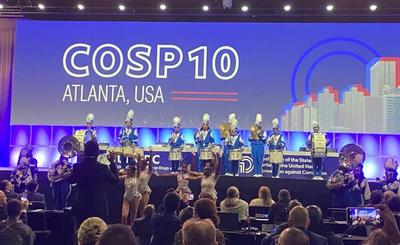Ansar al-Sunna and Women’s Agency in Sudan: A Salafi Approach to Empowerment through Gender Segregation
This article explores the possibilities, limits, and paradox of Salafi
female agency at a time when Ansar al-Sunna is assuming a new political
role under the rule of an Islamizing state in Sudan. The Islam Ansar al-Sunna preaches is Salafism and is based on the idea that there is a unitary
Islamic doctrine and only one correct understanding of the Quran and the
Sunna. That one correct understanding of Islam dictates gender segregation.
Introducing new empirical data on a largely understudied movement from
Sudan, the article argues that in its attempt to introduce gender
segregation Ansar al-Sunna has provided (perhaps unintentionally) a space
for women’s empowerment. Despite Ansar al-Sunna disavowing women’s
political participation based on arguments that women are more emotional
and less rational than men, the women have begun to challenge this stance
of the unitary Islamic doctrine. Women have begun to participate
politically as a consequence of: (1) the opening of a segregated Ansar al-Sunna women’s center in which leadership fall to women themselves and
therefore constitutes a parallel form of governance within the movement,
and (2) the political context in which Ansar al-Sunna are entangled within
Sudan’s Islamic state, in which they struggle to distinguish themselves
from Islamism. While women are challenging the male leadership’s position
that women’s biological makeup excludes them from making sound political
decisions, they are simultaneously maintaining and inhabiting norms of
gender segregation and thus implicitly and explicitly critiquing state-induced gender mixing in the name of Islam.
A preprint of the article can be downloaded as a PDF file above
Liv Tønnessen
